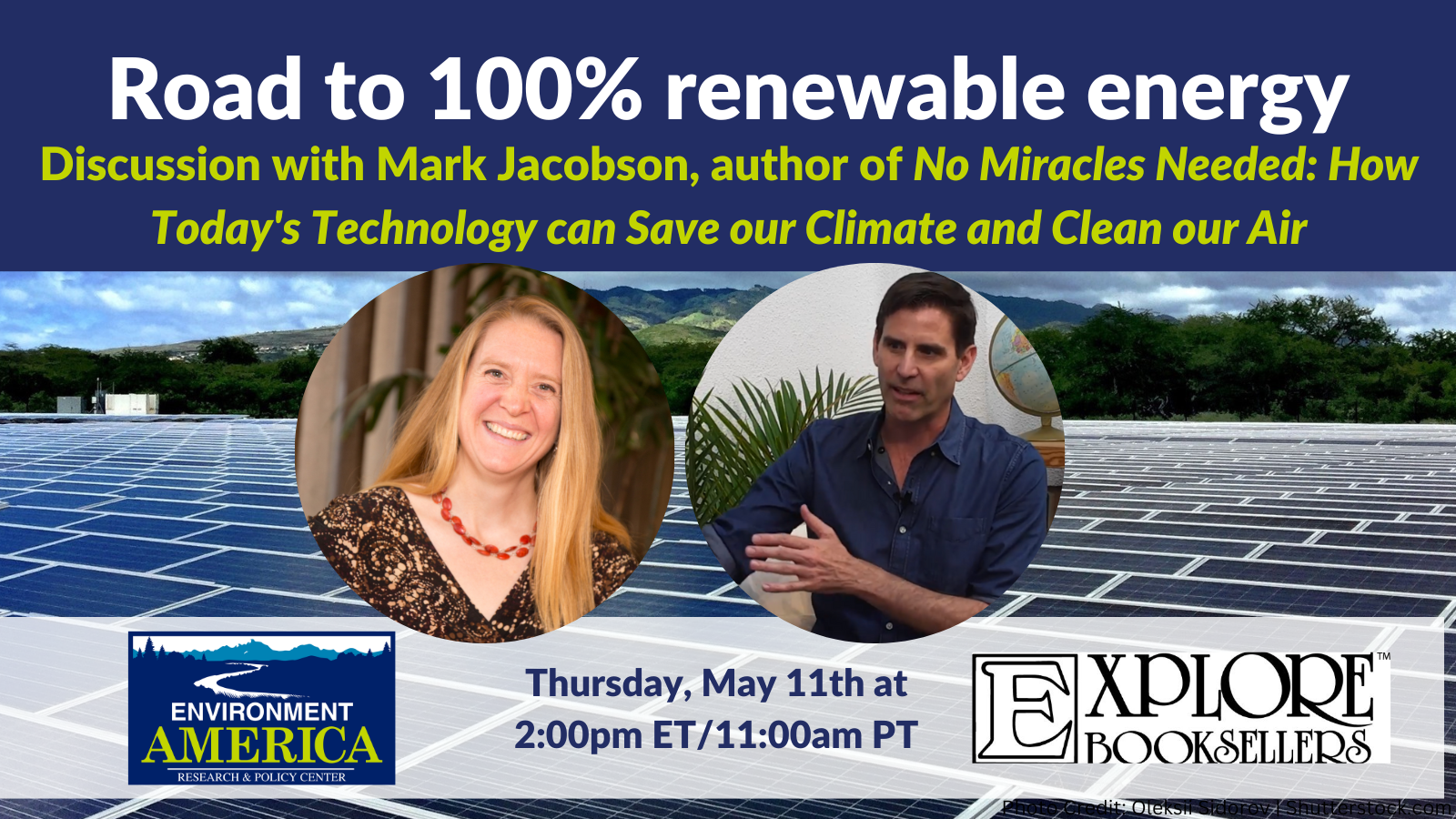
Why electric water heaters could be the hot new home improvement
Updated federal water heater efficiency standards will save Americans money, energy
Updated
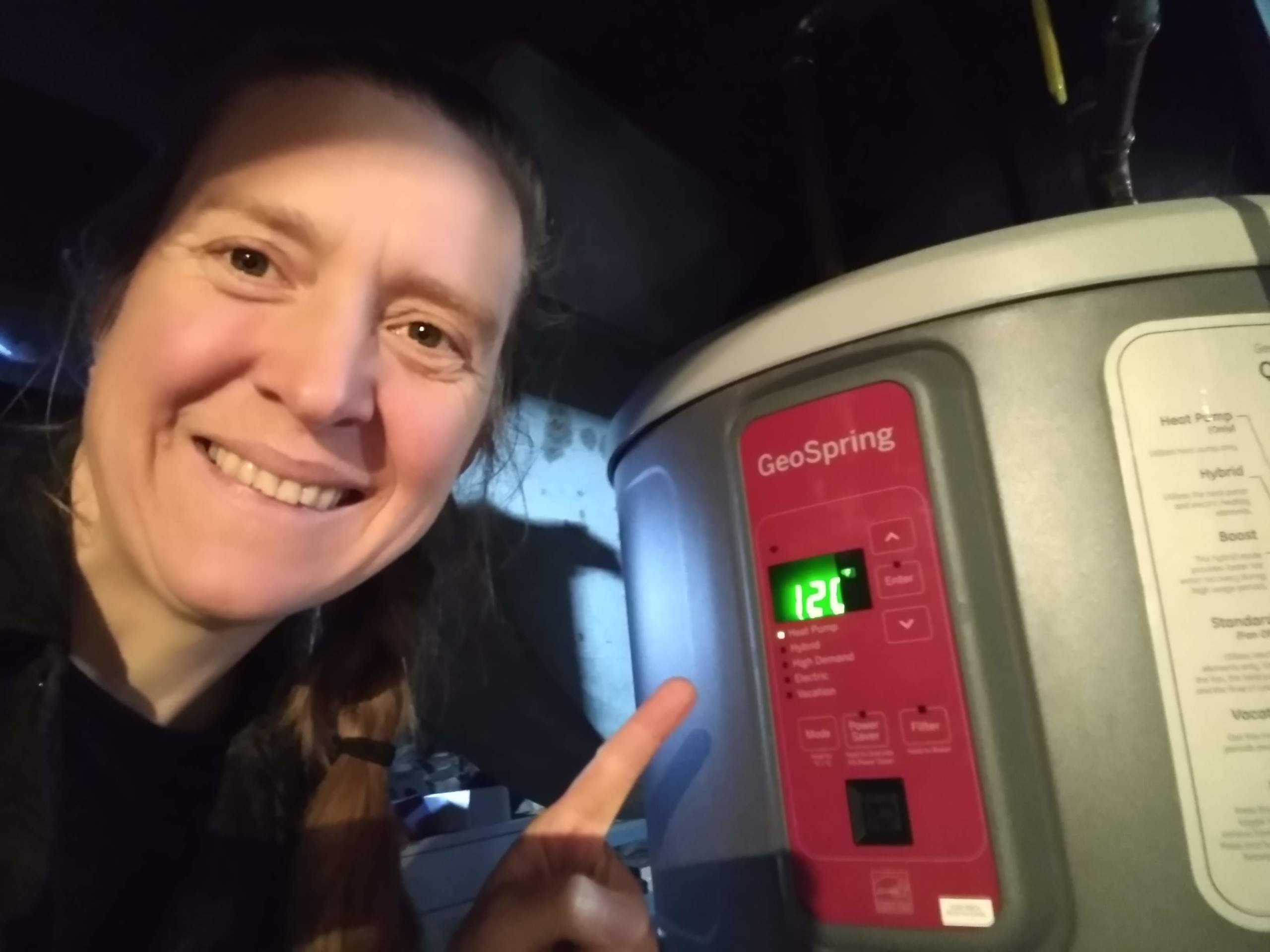
Rapid access to hot water is a hallmark of modern society and has made life a whole lot easier. With the turn of a knob, we can take a hot shower, wash our dishes, clean our clothes and more.
Heating water requires energy. Tucked away in some corner of our homes is a machine whose job it is to do just that. In most households, water heating is the second-biggest use of energy.
Advances in technology—such as the introduction of heat pump water heaters—present big opportunities to reduce how much energy we need to use to heat water. Recognizing the opportunity to reduce energy waste, the Department of Energy (DOE) is requiring that the most common sized water heaters sold in the United States incorporate energy efficient heat pump technology starting in 2029.
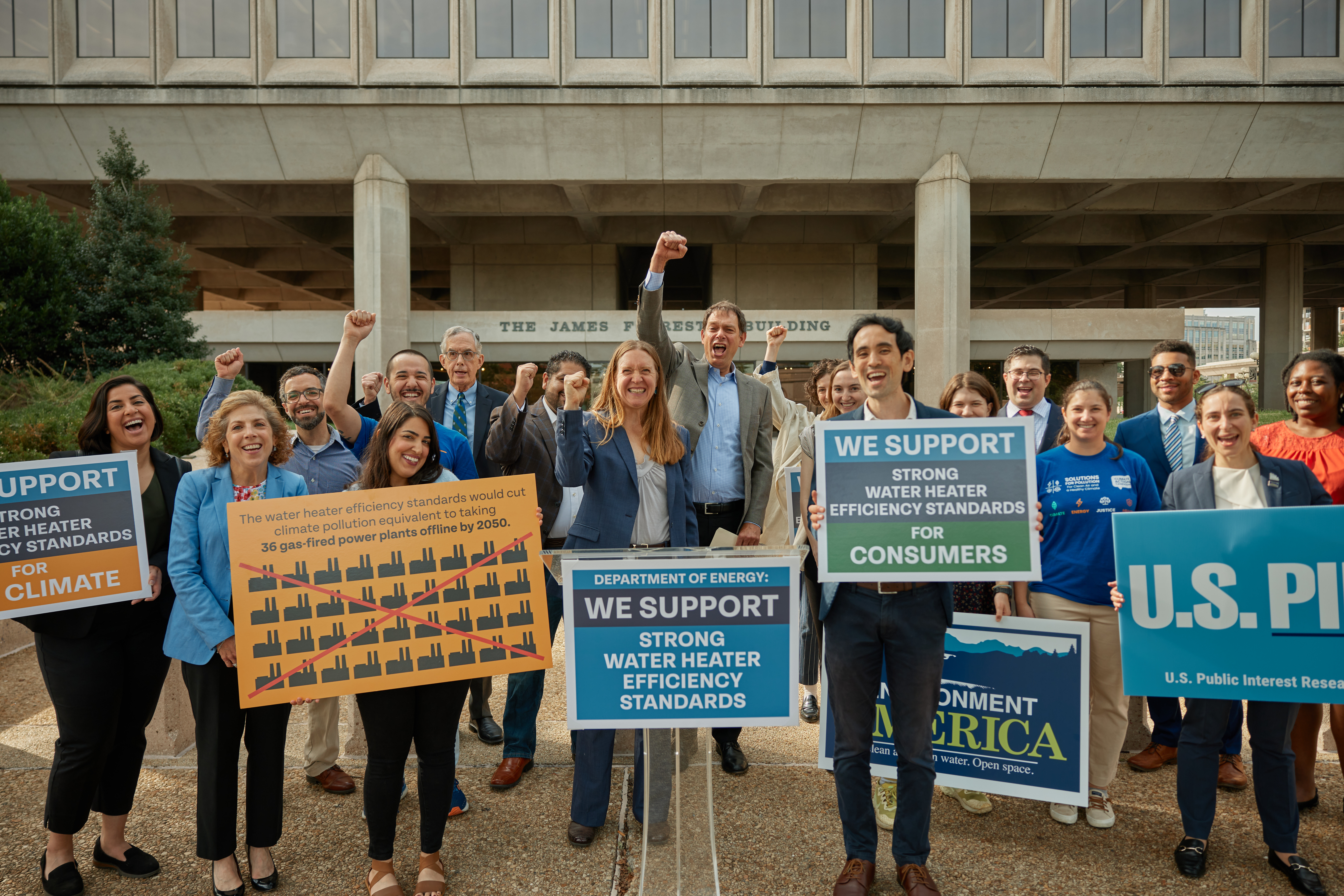
Efficient water heaters will cut pollution, save money, save lives
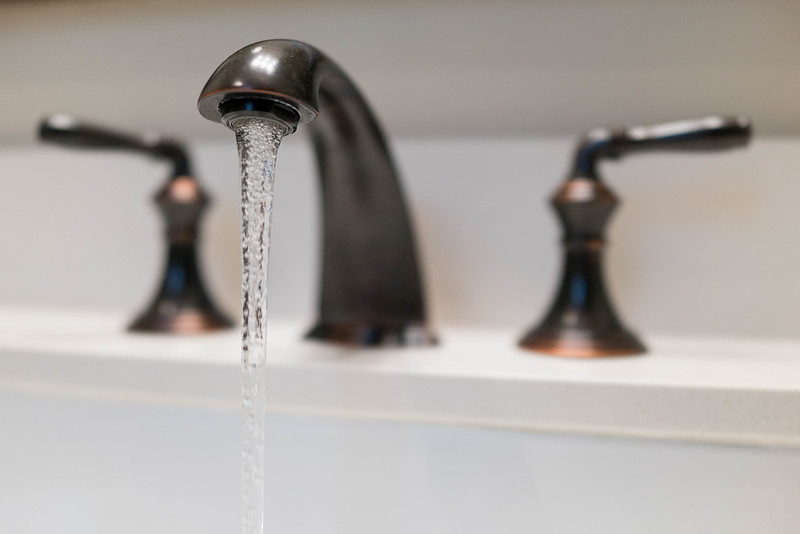
How much energy will updated efficiency standards for water heaters save?
DOE estimates that the water heater efficiency standards the agency finalized in April 2024 will save more than 17 quadrillion Btu (“quads”) of energy from water heaters sold over 30 years. To give you a sense of perspective, the entire U.S. economy consumes about 100 quads of energy per year. The agency says that the finalized standards for water heaters save more energy than any DOE appliance efficiency standard adopted to date.
The environmental benefits of these energy savings are huge. According to DOE, over 30 years, the updated water heater standards prevent:
- 90,000 tons of sulfur dioxide from going into our air. Sulfur dioxide can contribute to the formation of soot, an especially harmful type of air pollution, since the small particles easily lodge in human lungs where they can trigger asthma attacks, heart disease, lung disease and cancer.
- 665,000 tons of nitrogen oxides from being emitted. Nitrogen oxides cause smog, which blocks viewscapes and causes health problems such as asthma and reduced resistance to lung infections and colds.
- Lots of the pollution warming our planet. Specifically, making water heaters more efficient is expected to prevent 332 million metric tons of carbon dioxide and more than 3,000 tons of methane pollution.
Consumers stand to benefit too. In particular, households purchasing electric water heaters should see large utility bill savings as a result of the final standards. A typical household buying a new electric model—which would use heat pump technology—could save about $170 on utility bills every year compared to one using an electric model today. Replacing common-sized traditional electric resistance storage water heaters with electric heat pump water heaters meeting these new standards are expected to save consumers around $1,800 on their utility bills, on average, over the life of the appliance.
You can learn more about how heat pumps work and why they are so much more efficient than resistance heating here.
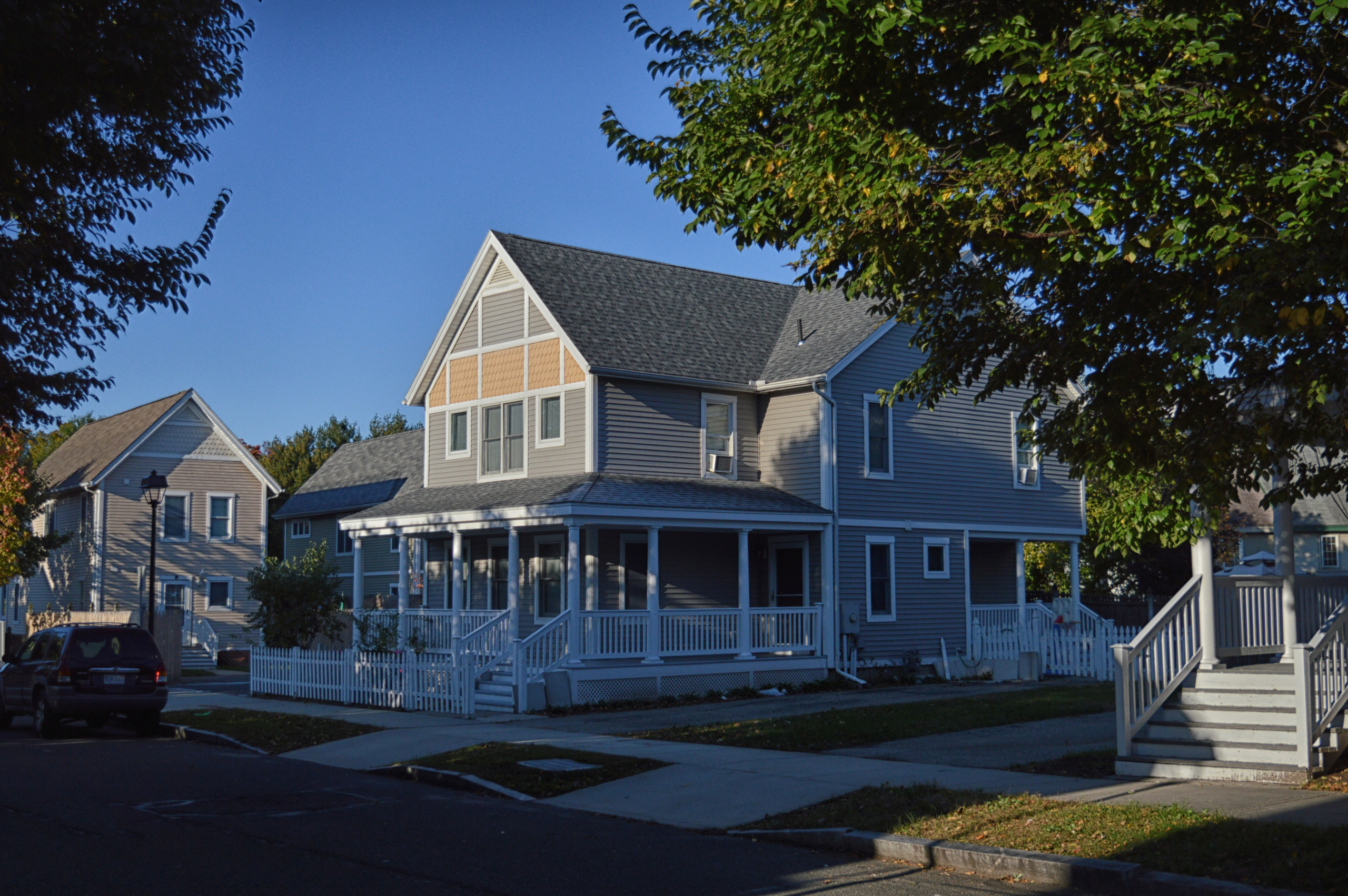
How to weatherize your home
Topics
Authors
Johanna Neumann
Senior Director, Campaign for 100% Renewable Energy, Environment America Research & Policy Center
Johanna directs strategy and staff for Environment America's energy campaigns at the local, state and national level. In her prior positions, she led the campaign to ban smoking in all Maryland workplaces, helped stop the construction of a new nuclear reactor on the shores of the Chesapeake Bay and helped build the support necessary to pass the EmPOWER Maryland Act, which set a goal of reducing the state’s per capita electricity use by 15 percent. She also currently serves on the board of Community Action Works. Johanna lives in Amherst, Massachusetts, with her family, where she enjoys growing dahlias, biking and the occasional game of goaltimate.
Find Out More

Efficient water heaters will cut pollution, save money, save lives

Advocates urge action on appliance efficiency

Is all computing worth doing?
